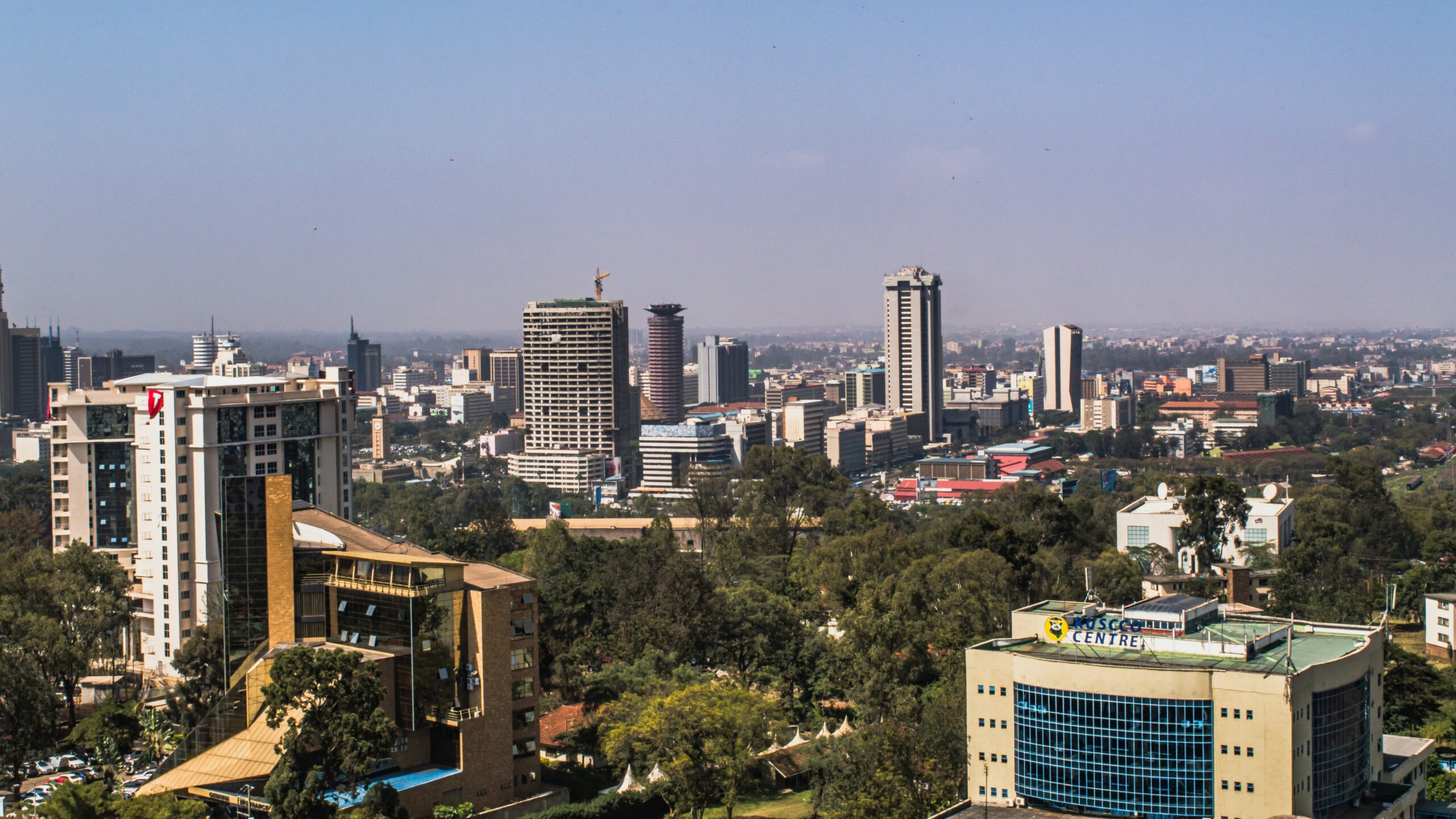
In the upscale neighborhood of Gigiri, Nairobi, the prospect of hosting more United Nations offices is seen as a turning point for Kenya’s capital, which is poised to join the ranks of New York, Geneva, and Vienna as a global UN hub. However, just a stone’s throw away in the Githogoro slum, the reality for residents like Agnes Karimi, a butcher, starkly contrasts the gleaming UN complex. Here, basic amenities like electricity are scarce, accentuating the deep inequalities that could be exacerbated by the UN’s move.
Key Facts
- The UN is considering relocating some of its major agencies to Nairobi by 2026 as part of the UN80 reform agenda, which aims at decentralizing operations to more cost-effective regions.
- Prime Cabinet Secretary Musalia Mudavadi and Ambassador Ababu Namwamba have expressed optimism about the relocation, citing Kenya’s strategic position and cost-effectiveness.
- The potential influx of an estimated 2,000 well-paid international staff could drive up living costs in a city where many already struggle with high rents and low wages.
Local Impact and Concerns
As Nairobi prepares for this significant transition, its wealthy neighborhoods are already adapting, with new construction projects and an expected rise in rental prices. Joachim Ombui, chairman of the Landlords and Tenants Association of Kenya, anticipates a 10-15% increase in rents by 2026. Yet, this economic boon for property owners highlights the growing disparity between Nairobi’s rich and poor areas.
Residents of informal settlements like Githogoro face daily challenges that starkly contrast with the city’s affluent areas. Agnes Karimi, struggling without electricity, watches her meat spoil daily, a stark reminder of the unequal benefits from international investments. Her story is a microcosm of the broader fears that the UN’s presence might deepen existing inequalities rather than alleviating them.
Government and Economic Responses
The Kenyan government and local businesses view the UN’s potential move as an opportunity to bolster Nairobi’s economic landscape. Increased jobs and spending in real estate, hospitality, and services are expected. However, experts like John Mwati, an economist, call for smart government actions to ensure these benefits are widely shared, advocating for investments in affordable housing and regulation of property prices.
Despite these optimistic projections, the response from Nairobi’s poorer residents ranges from skeptical to hopeful. Many, like Simon Awene, feel that past promises of improved living standards have not materialized and remain cautious about the potential benefits of the UN’s expansion.
Looking Forward
The UN’s final decision on the relocation has yet to be announced, but the proposal has already sparked significant discussion about its implications for Nairobi. As the city stands on the cusp of becoming a major global hub, the contrasting realities of its diverse residents highlight the complex dynamics at play. Ensuring that the benefits of such a global presence are equitably shared will be crucial for Nairobi’s sustainable growth.
For those in the shadows of Nairobi’s growth, like Agnes Karimi in Githogoro, the hope is that the spotlight on their city will finally bring the much-needed improvements to their communities.


